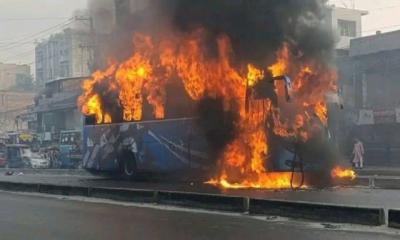Transparency International Bangladesh (TIB) has expressed disappointment at the interim government’s decision to send a large delegation to the 80th session of the United Nations General Assembly (UNGA), calling it a continuation of the “embarrassing” practices of the fallen authoritarian regime.
With over a hundred representatives attending the ongoing session, TIB questioned what message the government sought to convey and to what extent the country and its citizens, including taxpayers, could expect tangible benefits.
In a statement issued on Thursday, TIB Executive Director Dr Iftekharuzzaman said: “During the fallen authoritarian regime, sending large delegations to the UNGA and other international forums was a common practice, sometimes exceeding two hundred representatives. It was hoped that a government formed through unprecedented student and people’s movements—with a strong commitment to transparent, accountable governance and state reform—would avoid repeating this practice. Unfortunately, the interim government has followed a similar path.”
He noted that despite directives to prevent wasteful foreign trips funded by taxpayers, the government had “raised questions about its credibility by sending over a hundred representatives to the 80th UNGA session—an inherently contradictory action.”
Powerful countries such as the United States, Russia, and China send comparatively large delegations to secure multilateral diplomatic influence, yet delegations exceeding a hundred are rare, Iftekharuzzaman said. By contrast, the tendency of some countries lacking good governance, such as Nigeria, to send large delegations can rarely be justified by anything other than “junket” in the name of diplomacy, he observed.
He also said: “Last year, the interim government set a hopeful precedent by sending only 57 representatives to the UNGA, thereby avoiding the waste of public funds. We had expected this number to decrease further this year. Yet, the embarrassing practice of authoritarian regimes has been repeated. Considering the cost of sending a large delegation with taxpayers’ money and the questionable image it projects internationally, what criteria determined the composition of the delegation? To what extent were meaningful participation in the agenda items and the consideration of national interest weighed in assigning roles to the distinguished members of the delegation? Will the public receive answers to these questions? The government, entrusted with state reform, should provide a clear explanation on this matter.”
TIB said such questionable precedents are particularly embarrassing and disappointing for an interim government formed in the aftermath of a public uprising and entrusted with the responsibility of state reform.


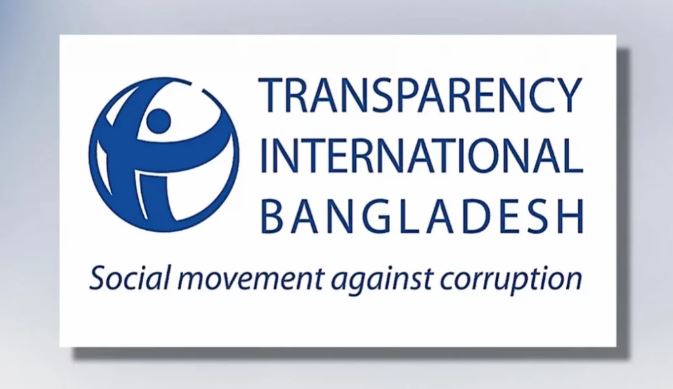




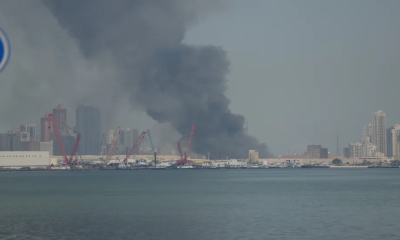
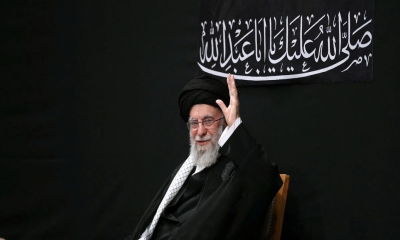
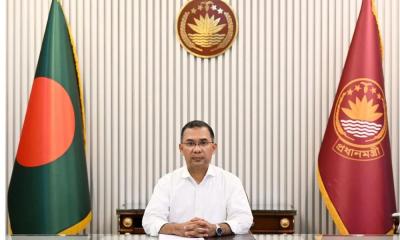

-20260305071113.webp)



-20260304091720.webp)






-20260303080739.webp)














-20260228064648.jpg)
